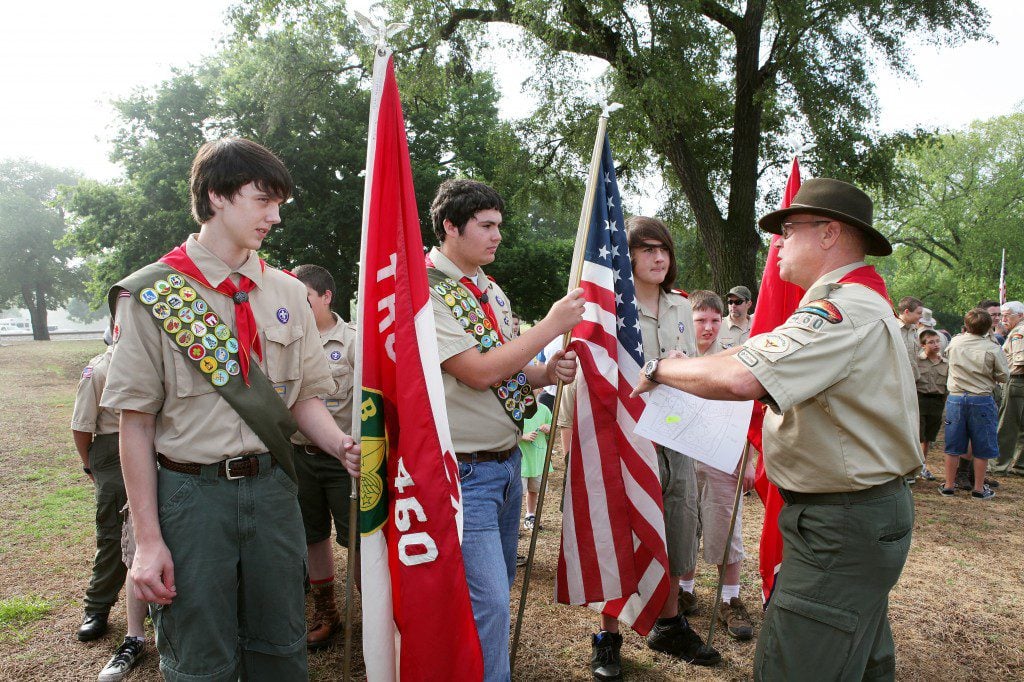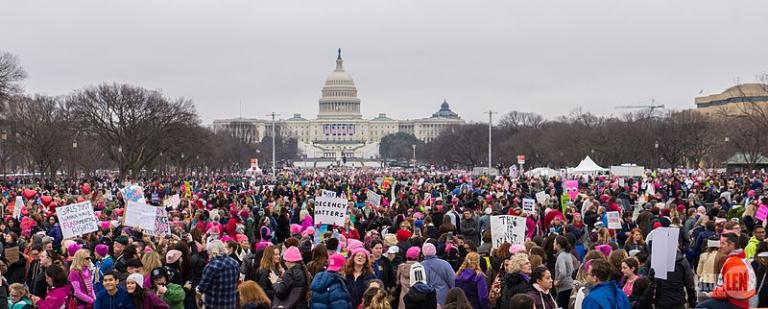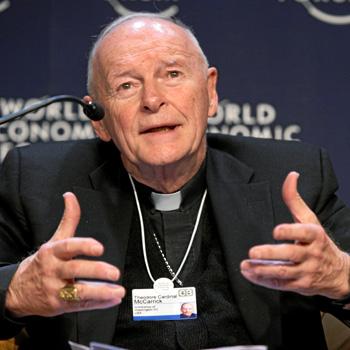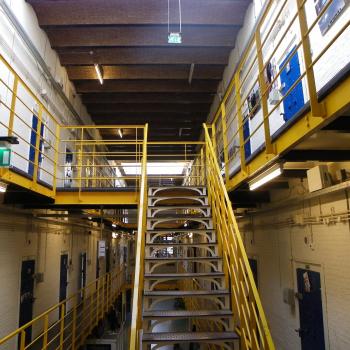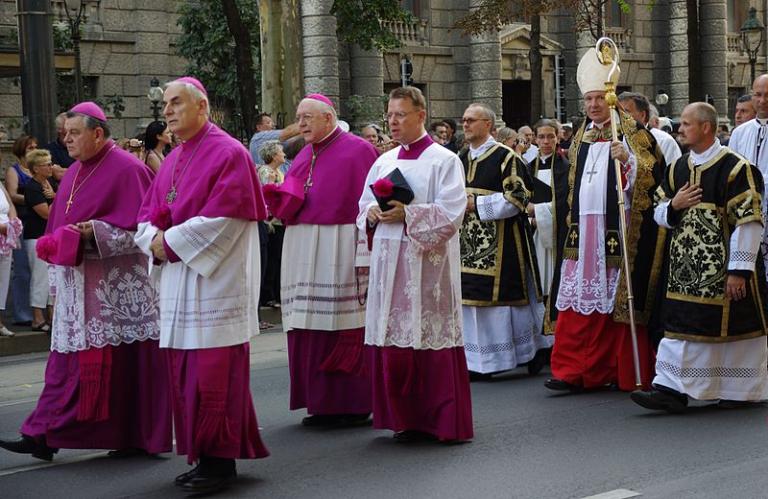
Oh, man, I started the day with the firm resolve to figure out the liability and asset reconciliations in the 2009 Chicago Municipal Employees’ pension report which were defeating me yesterday. (Yes, I spent December writing about multiemployer plans and am spending January with Chicago pension plans and wish there was profit somewhere in it but in the short term figure that as a silver lining I won’t be at risk of having my credibility questioned by being deemed a tool for some interest group or another.) But then I end up writing about the shut-down and immigration, and then came to the conclusions that I really will get back to the original project for the day as soon as I finish up this older draft article that feels newly relevant with the latest news, that is, that Cardinal Wuerl KNEW about McCarrick, or, rather, that his knowledge, that we all pretty much suspected to be the case, is now documented, as reported by the Catholic News Agency yesterday.
And it’s infuriating, as is much of the news about the topic, though I don’t want to recite it all right now; one certainly has the feeling that the upcoming February meeting that’s supposed to formulate a response will be more a matter of defensiveness and bishop/pope-protection and spin than genuine efforts at a solution.
But I’ve tried to slow myself down.
I still gripe about it, yes. I have also come to the conclusion that a meaningful next step I can take at the parish level is either finding a booklet on the existing policies and make efforts to promote it, or else put together such a booklet myself, as an equivalent to what the BSA does, because it seems to me that this should be the norm.
But as to the rest? This is where I hesitate.
I find it appalling that the bishops are repeating their tired old lines of “but we have new protocols now!” and carefully reference those protocols to distract from all the unresolved issues or misconduct in seminaries and among adults and whether McCarrick’s misconduct was ignored because of his talent in bringing in donors. Plus assertions by the Pope that accusations are all the work of the devil, statements by Cupich that this is all a distraction from more important things like immigration, etc.
But I don’t think this is my issue to solve. It’s not something that nags at me in the same way as do other issues, and, instead, when delving into these questions, I doubt my ability to get involved in this and make sound judgments about when to trust a bishop who says, “I’m trying my best” and when to call it out as a lie, how to distinguish between seeking justice and proper punishment for perpetrators from seeking destruction of the innocent in order to sate our anger.
The Madigan report initially sounded horrid — far more individuals credibly accused than the archdiocese has reported. But some of these were dead men. Yes, it is indeed appropriate to provide counseling for someone who reports having been abused by such an individual. But at the same time, what is the meaning of adding that name to a running list? Is it simply to expand the magnitude of the problem? How do we judge the meaning of “one more name”? Do we somehow punish perpetrators beyond the grave by removing any honors they have been accorded, striking their names, blotting them out in some sort of postmortem excommunication?
I want bishops to be accountable. I want them to be men who seek to do the right thing and own up to past failures, who seek to minister to their flock rather than building their own power base or achieving political goals, who seek to evangelize rather than “managing the decline.” I don’t believe Cupich is such a man. I don’t know about others. I hope that the folks who have taken this as their cause are able to discern well which bishops are their allies and which are, well, not their allies, and that they engage in a spirit of problem-solving rather than mere vengeance, and that they avoid the temptation to insert other objectives (female priests, married priests, elected bishops, whatever) into their work.
At the same time, having said repeatedly that what matters is what’s going on at the parish level, and that we as Catholics work to strengthen our parishes as individual church communities as much as possible, I suppose the next question I’ll have to answer for myself is, “what about the Annual Catholic Appeal”? Except that, to be honest, I’d been somewhat inconsistent in whether I write that check or not, so the real question is, should I call on my parish to pay lip service to the appeal but cease the business of taking up multiple weeks’ worth of homilies with preaching about it, and playing the Cardinal’s recorded message, rather than actually making an attempt, at least, to provide some insight into the readings of the day via the homily. Heck, every year, the pastor reminds us that “extra” money beyond the target set for our parish, is refunded to the parish. Is the parish required to make up the difference, if we don’t meet that targeted amount? Can we opt out? — especially since conducting this as a campaign means that 10 cents out of every dollar goes to the fundraising consultants. (Sorry, I don’t have that link any longer.)
So that’s as much of an answer as I have. What about you?
Image: https://commons.wikimedia.org/wiki/File:20110716_Otto_von_Habsburg_funeral_procession_2280.jpg; By Jakub Hałun [GFDL (http://www.gnu.org/copyleft/fdl.html) or CC BY-SA 4.0 (https://creativecommons.org/licenses/by-sa/4.0)], from Wikimedia Commons
I’ll be honest – this is kind of a lame picture. I wanted something with all sorts of bishops in some sort of convocation but couldn’t find anything good. But maybe it is exactly appropriate to have a picture of a funeral.




